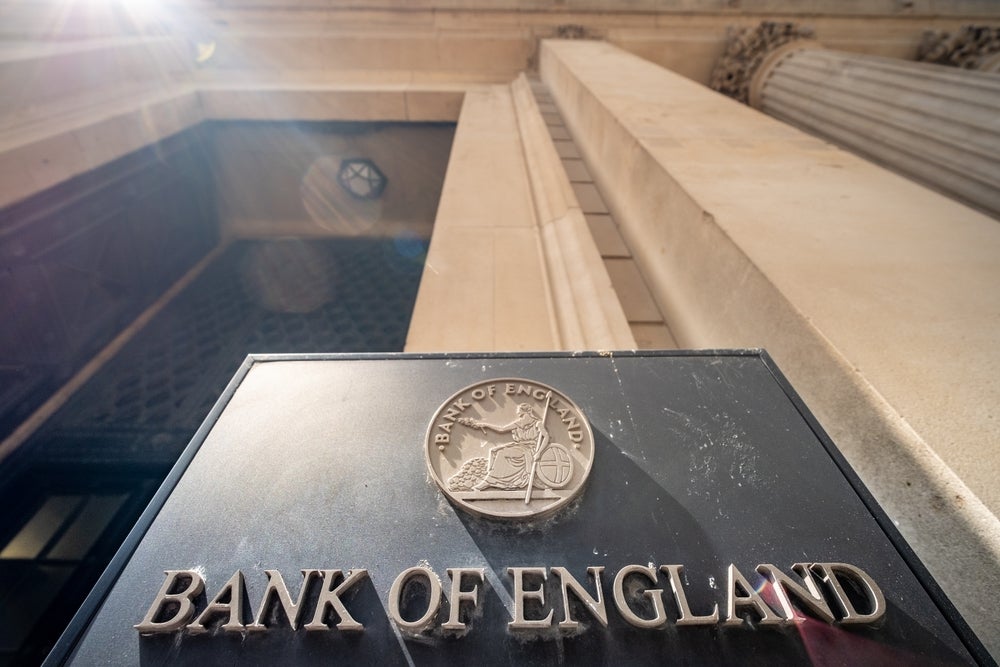The International Integrated Reporting Council
(IIRC) has confirmed it plans to publish the first ever
International Integrated Reporting Framework (IIRF) by the end of
2013.
The IIRC is currently running a pilot
programme with more than 70 organisations and 20 investors from
around the world who are testing the principles, content and
practical application of integrated reporting to help in IIRF’s
development.
The aim of the IIRF is to help ensure
consistent reporting by organisations and provide broad parameters
for policymakers, regulators organisations, their investors, and
other stakeholders. As well as to ensure information is provided in
a clear and concise manner helping them to make better short-and
long-term decisions.
IIRC has also issued a summary of the
responses it received to its discussion paper launched in September
2011 to gather feedback on this new approach to reporting.
The consultation considered the rationale behind the move towards
integrated reporting, offered initial proposals for the development
of an IIRF and outlined possible next steps towards its creation
and adoption.
Its purpose was to prompt input from all those
with a stake in improved reporting including producers and users of
reports.
Benefits of integrated
reporting
How well do you really know your competitors?
Access the most comprehensive Company Profiles on the market, powered by GlobalData. Save hours of research. Gain competitive edge.

Thank you!
Your download email will arrive shortly
Not ready to buy yet? Download a free sample
We are confident about the unique quality of our Company Profiles. However, we want you to make the most beneficial decision for your business, so we offer a free sample that you can download by submitting the below form
By GlobalDataThe IIRC said responses clearly showed
stakeholder support in developing the next step of the IIRC
framework, including topics such as materiality, the concept of
value and the business model.
Despite the high level of support for the
benefits of integrated reporting among the 214 respondents from
across 30 countries, many highlighted the concern that an
idealistic or overly ambitious view of the benefits of integrated
reporting had been presented in the consultation.
The main concerns were related to regulatory
challenges, developing suitable assurance techniques, building
capacity within the entire reporting system, and addressing
director liability issues.
IIRC chief executive Paul Druckman admitted
that understanding how companies create sustainable value from
their published reports can still be difficult.
“What the Integrated Reporting Framework will
do for the corporate reporting process is to enable investors and
other stakeholders to better understand the ways in which companies
create sustainable value,” Druckman said.






